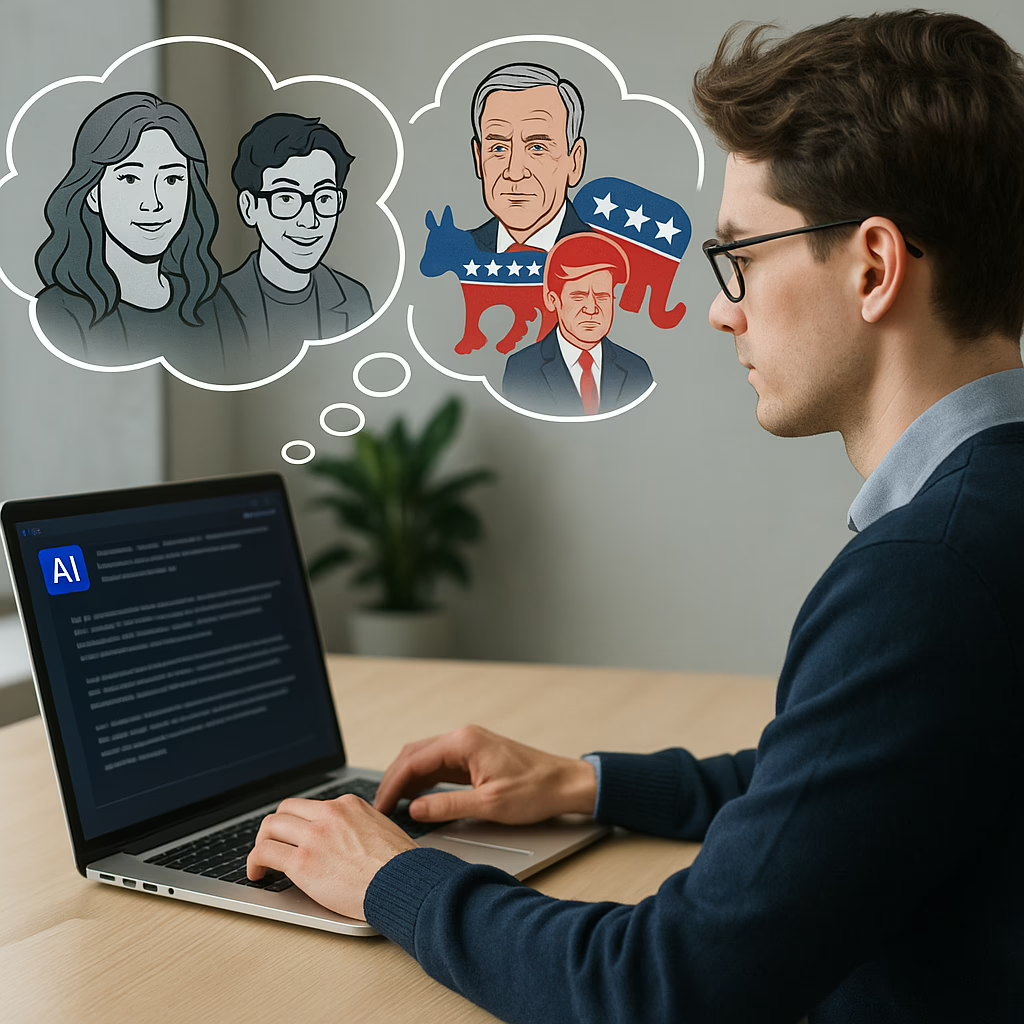What happens when the lines between reality and fiction blur in the realm of politics? This question has become increasingly pertinent as AI-generated fanfiction videos rise in popularity, creating a unique landscape for political discourse. These videos, which often portray political figures in sensational and exaggerated scenarios, can outshine factual reporting, leading viewers down a rabbit hole of misinformation.
Controversial figures like Rep. Jasmine Crockett have voiced their concerns regarding these AI-generated narratives. On a recent YouTube channel, ‘Mr. Noah’s Stories’, Crockett highlighted the misleading nature of these fanfiction creations. Legislative efforts to regulate such technology are also being discussed, particularly from representatives like Yvette Clarke, who aim to address the disproportionate effects these narratives have on marginalized communities. This trend signals a deeper issue: how digital advancements may alter perceptions of political figures and their narratives in the public consciousness.
The Expansion of AI in Political Narratives
The proliferation of AI-generated content is not merely an artistic trend but a significant political reality. Generative AI has found its way into election campaigns across the globe, most notably in countries like Argentina and Turkey, where damaging deepfake videos targeted political candidates. Such manipulative tactics are concerning, especially as democracies gear up for pivotal elections. The accessibility and capabilities of AI enable harmful actors to disrupt electoral integrity, showcasing the powerful blend of technology and misinformation.
Moreover, the rise of AI manipulations during major political events has drawn attention to the need for government intervention. With increasing reports of foreign information manipulation disrupting democratic systems, the call for robust policies to regulate the use of AI becomes ever more urgent. The European Parliament and the U.S. Federal Election Commission are among the bodies contemplating regulations aimed at maintaining electoral fairness amidst growing digital disinformation.
The Role of Misinformation in Shaping Political Discourse
Generative AI does not just raise concerns about the accuracy of political narratives—it also impacts how these narratives are consumed. As fanfiction-style videos become enveloped in dramatic flair and sensationalism, traditional forms of reporting struggle to compete for views. The result is a digital landscape where exaggerated and misleading stories supersede factual content, leaving many to grapple with a diluted understanding of political issues. The concern is valid; as noted in the texts, misinformation disseminated through these AI videos may lead to a misinformed electorate.
The composers of these AI narratives often utilize techniques that amplify certain messages or stances, pushing the boundaries of political branding. While the intended effect may be to entertain or engage, the adverse outcomes can undermine trust in established political institutions and processes. This calls for a collective effort from tech companies and regulatory bodies to enhance public awareness about discerning fact from fiction in an era dominated by AI capabilities.
Implications for Future Generations
Looking ahead, the implications of AI-generated fanfiction on political communication will likely expand. AI’s role in politics may parallel its involvement in other sectors, where misinformation and manipulation are prevalent. Countries like the U.S. are already grappling with these concerns, particularly as 2024 elections approach. The need for comprehensive strategies to combat potential disinformation campaigns during elections is paramount, not only for preserving electoral integrity but for sustaining public trust in democratic processes.
Moreover, as technological advancements continue, the future of political engagement could become increasingly tailored and influenced by AI. This raises questions about representation and accountability—who is crafting these narratives, and what agendas are they promoting? The responses required must encompass educational initiatives, technical innovations, and ethical guidelines to ensure that AI’s role in politics pivots towards enhancing discourse rather than distorting it.
Final Thoughts
The rise of AI-powered fanfiction videos poses both exciting opportunities and significant challenges for political discourse. As the landscape shifts, it is crucial for leaders and managers alike to recognise these developments and consider their implications. Fostering a dialogue around ethical practices in AI and advocating for digital literacy will be essential steps in navigating this new reality. Misinformation can have profound effects on societies, but with an informed approach, the benefits of AI need not be overshadowed by its potential to mislead.






